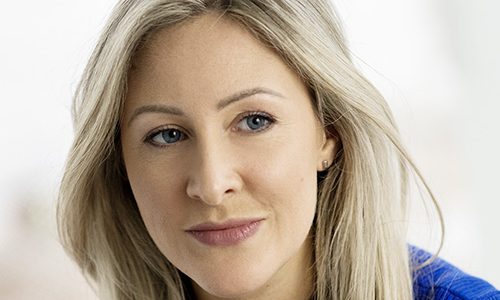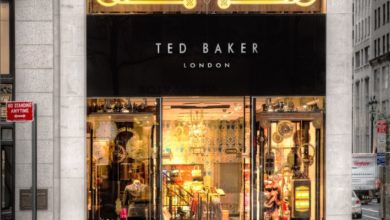The ever-demanding omnichannel world – leading the charge with leadership

The battle to gain and retain consumers continues across sectors and markets. As the National Retail Federation’s largest global retail conference and expo highlighted earlier this year, the winners will be those that have the ability to create a seamless end-to-end experience digitally as well as in-store, as well as in-store digitally.







